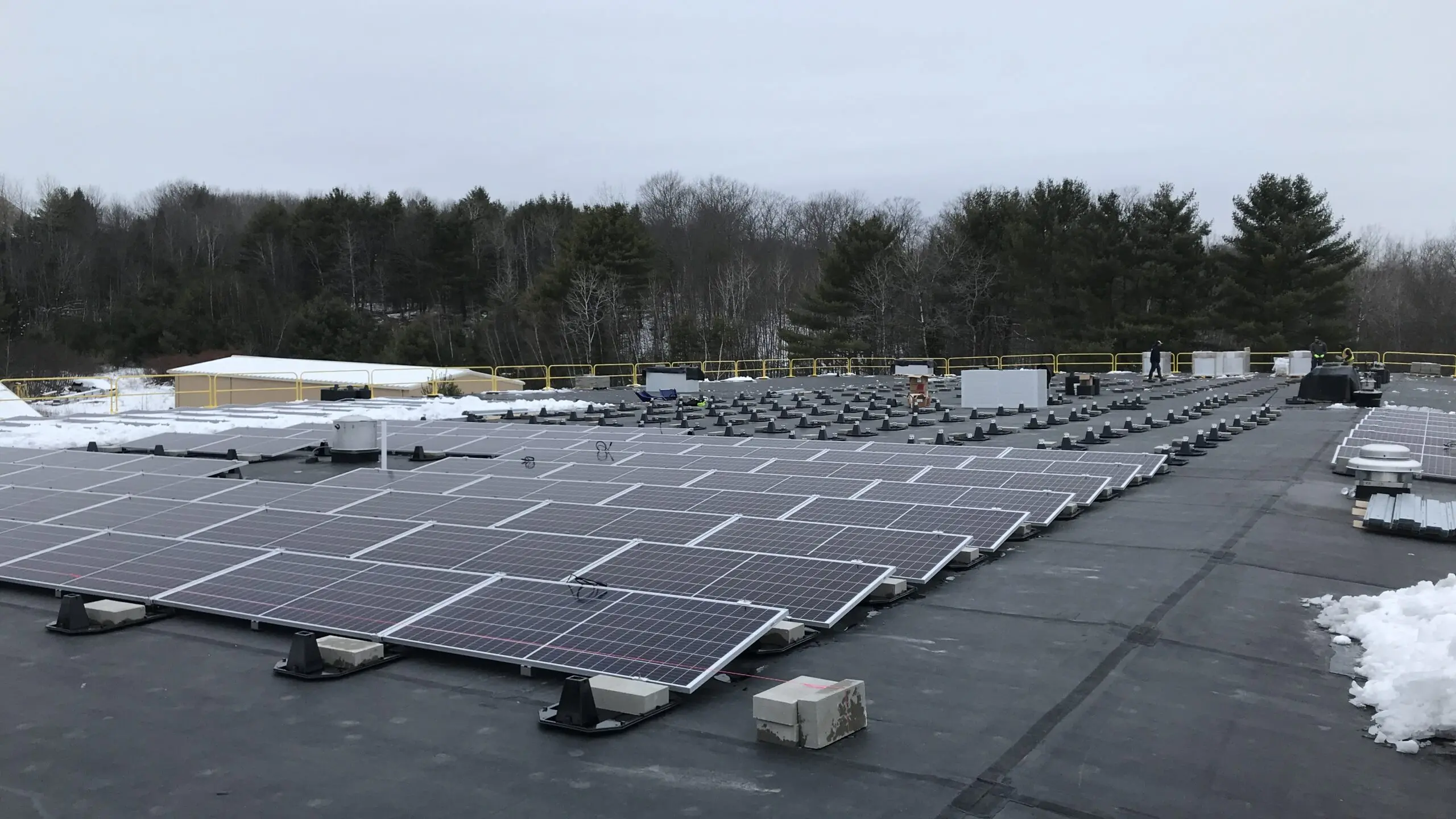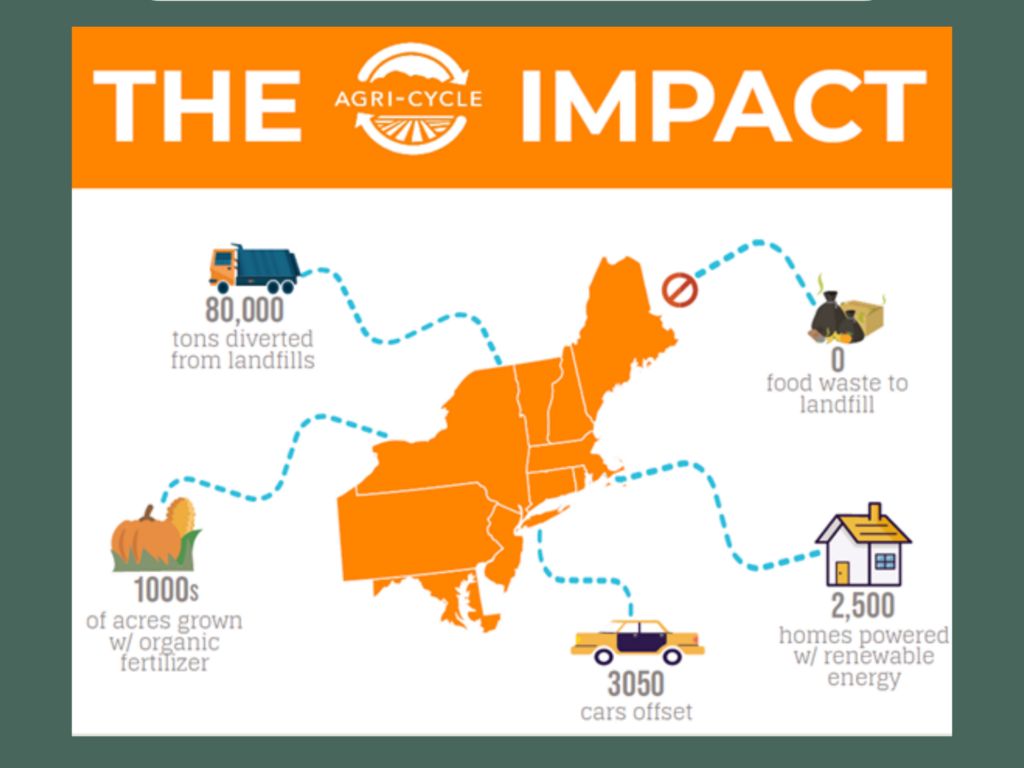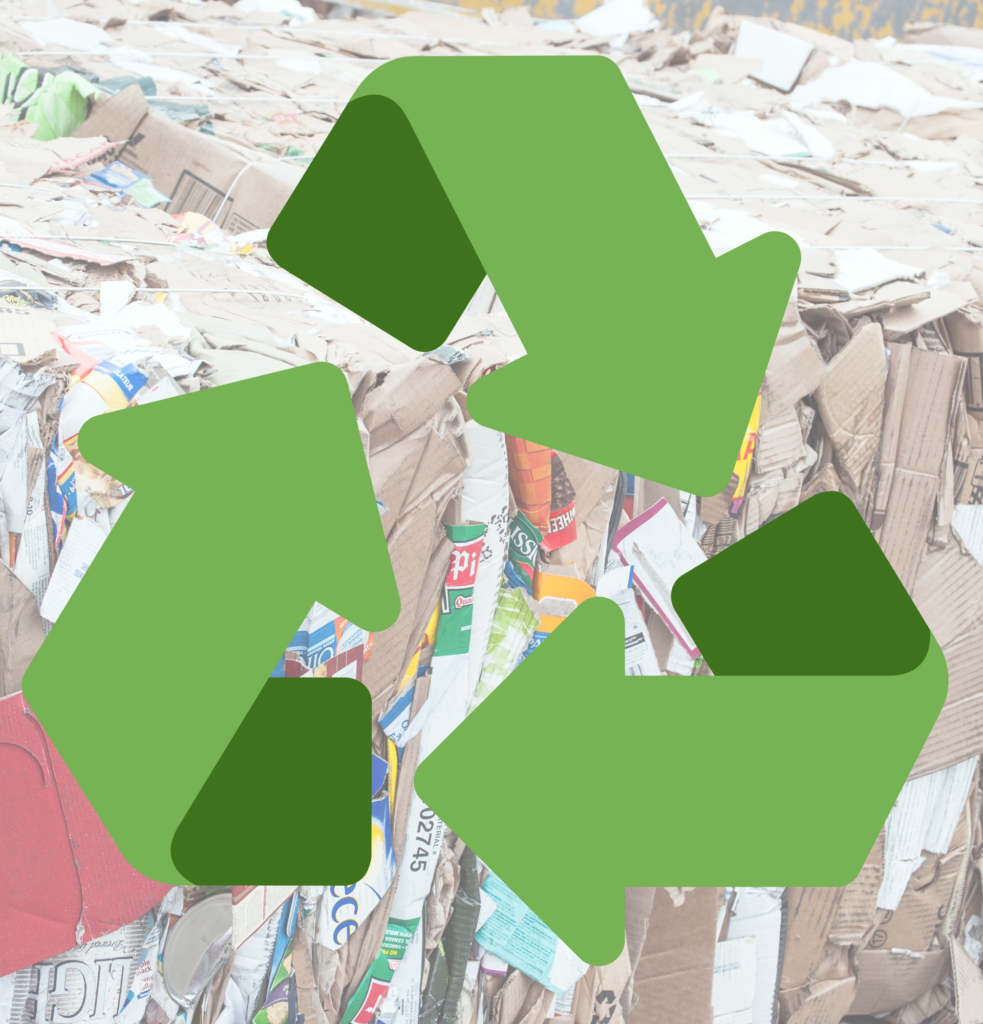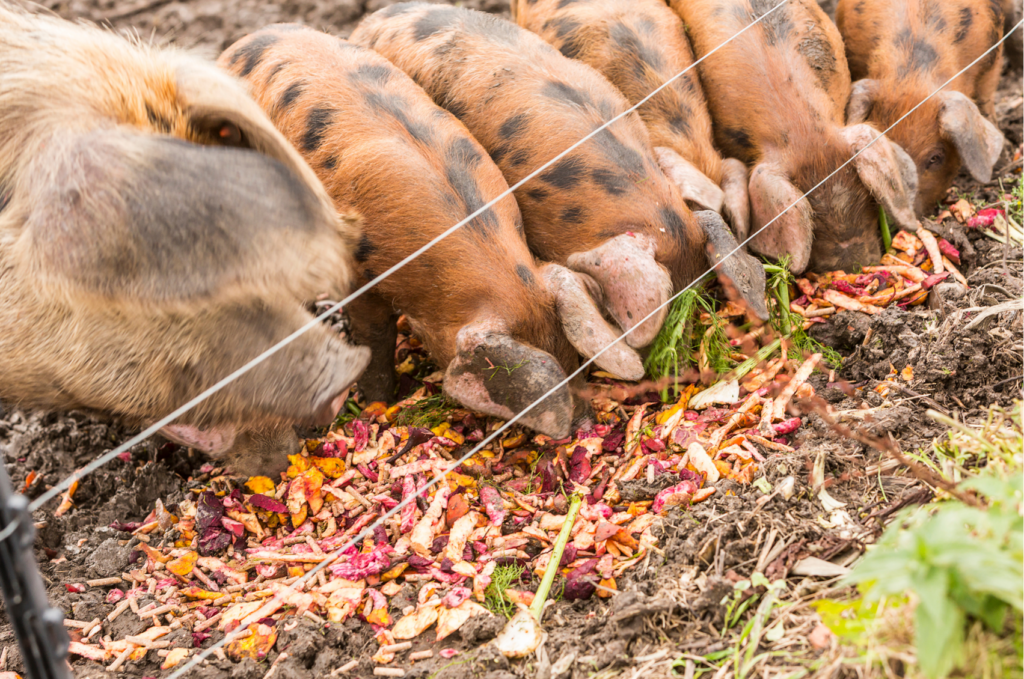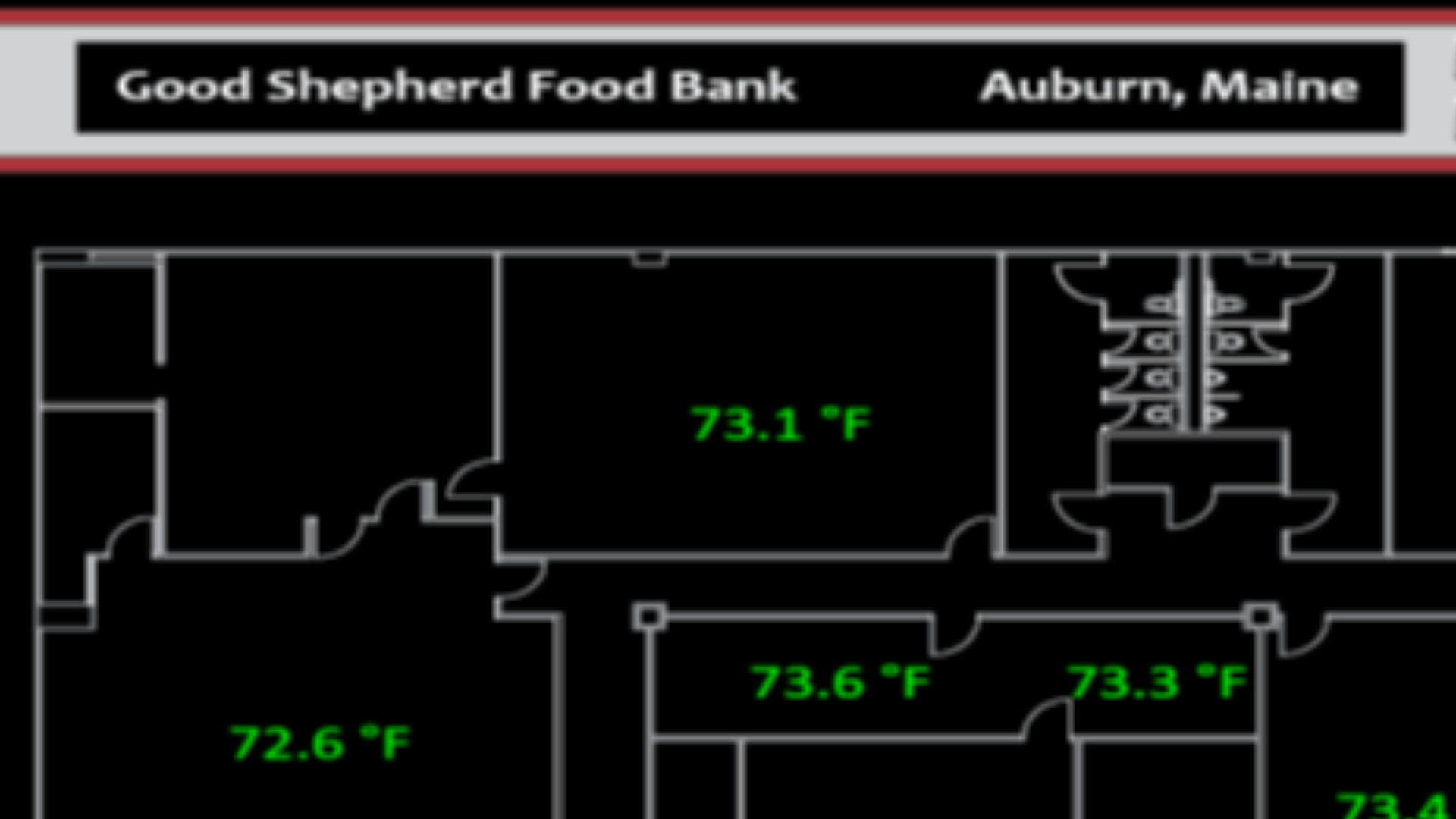Green Initiatives
Climate change affects every aspect of the agricultural industry and food supply. Severe warming, floods, and droughts reduce yields, livestock faces risks from heat stress from elevated temperatures, and fisheries will be affected by changes in water temperatures that shift the lifecycle of certain fish species.
Our Green Pledge:
We are doing our part in mitigating the detrimental effects of climate change by substituting typical energy systems with efficient green technology systems to decrease our carbon footprint.
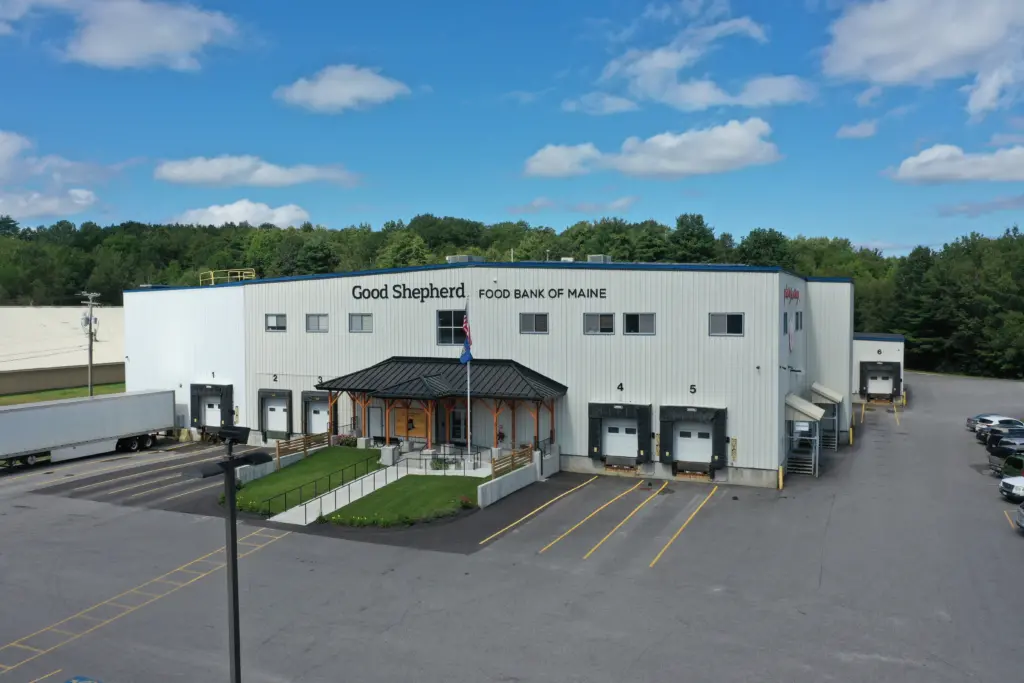
Our green initiatives impact
2.3k
Trees planted since 2020
80k
Tons diverted from landfills
70%
Of our energy produced by solar
1.1m
Pounds of CO² emissions offset
1,735
Solar panels installed
30%
Of energy saved with building controls
The committee driving our Green Initiatives forward
Meet the team of people who maximize our Green Initiatives.

Sam Michaud
Director of Facilities
As Director of Facilities, Sam Michaud oversees the logistics and day-to-day operations of Good Shepherd Food Bank’s two distribution centers in Auburn and Hampden, as well as the administrative office location in Yarmouth, Maine.
This role suits him well, and during the past few years, he completed significant growth-based projects at the Food Bank’s Auburn and Hampden locations, which resulted in more than doubling distribution center capacity. Maine Real Estate Development Association recognized the renovation of the Hannaford Center, Hampden’s distribution center, as one of Maine’s most notable projects. Sam supports many Food Bank partners with compliance, structure, food safety, and capacity-building grants.
Before Sam joined the Food Bank, he spent over 15 years with Delhaize America, where he managed several areas and projects, including being a district trainer, pilot program store, Computer Assisted Ordering retail rollout lead, standard procedure panelist for optimized performance, and remodel support for stores throughout the state.
Currently, Sam is Maine VOAD’s co-chair/president and is working on reorganizing and rebuilding fundamental relations and structures within the Chapter. When he’s not at the Food Bank’s distribution centers, he spends as much time as possible with his family, dog, and chickens.

Amanda Marino
Advocacy & Leadership Program Manager
Amanda Marino, Advocacy and Leadership Program Manager is responsible for supporting the Supplemental Nutrition Assistance Program (SNAP) and federal advocacy efforts at Good Shepherd Food Bank. Additionally, Amanda assists in facilitating the Food Bank’s Advocacy Advisory Council (AAC). She works with a broad coalition of amazing people (anti-hunger advocates, legislators and their staff, and colleagues) to advocate for change.
Amanda has been engaged with various facets of food system work throughout her career. She managed an organic veggie and flower farm outside of Seattle. She was also a food growing educator for the Capital Area Food Bank in Washington, DC. This is Amanda’s second time working for Good Shepherd Food Bank. Amanda started as a Cooking Matters Americorps over a decade ago! She is thrilled to be back at the food bank and work for an organization she believes in. Amanda has a deep passion for food and its meaning in our lives. Her advocacy is anchored in the belief that everyone should have access to the food they desire to nourish their body and soul.
Marino received a B.S. in Community and International Development and a Certificate in Sustainable Farming from the University of Vermont. She lives in Portland, Maine, with her partner. In her free time, Amanda enjoys connecting with friends over coffee, being outside, and seeing live music.

Kate Rice
Donor Engagement Specialist
Kate Rice, Donor Engagement Specialist, coordinates community fundraisers, food drives and creates engaging educational events for Good Shepherd Food Bank’s donors. Kate joined Good Shepherd Food Bank in September 2022 after working for several years with the Wells Reserve at Laudholm in Wells, ME. Previously, she held roles at All Faiths Food Bank in Sarasota, FL, and served as an AmeriCorps Vista with the Society of St. Vincent de Paul community assistance center in Exeter, NH. Kate received her B.A. from the University of New Hampshire with a double major in Environmental and Resource Economics and Geography. When she’s not working, you can find Kate tending to her gardens and chickens, hiking, camping, and enjoying Maine throughout the seasons with her husband and dog.
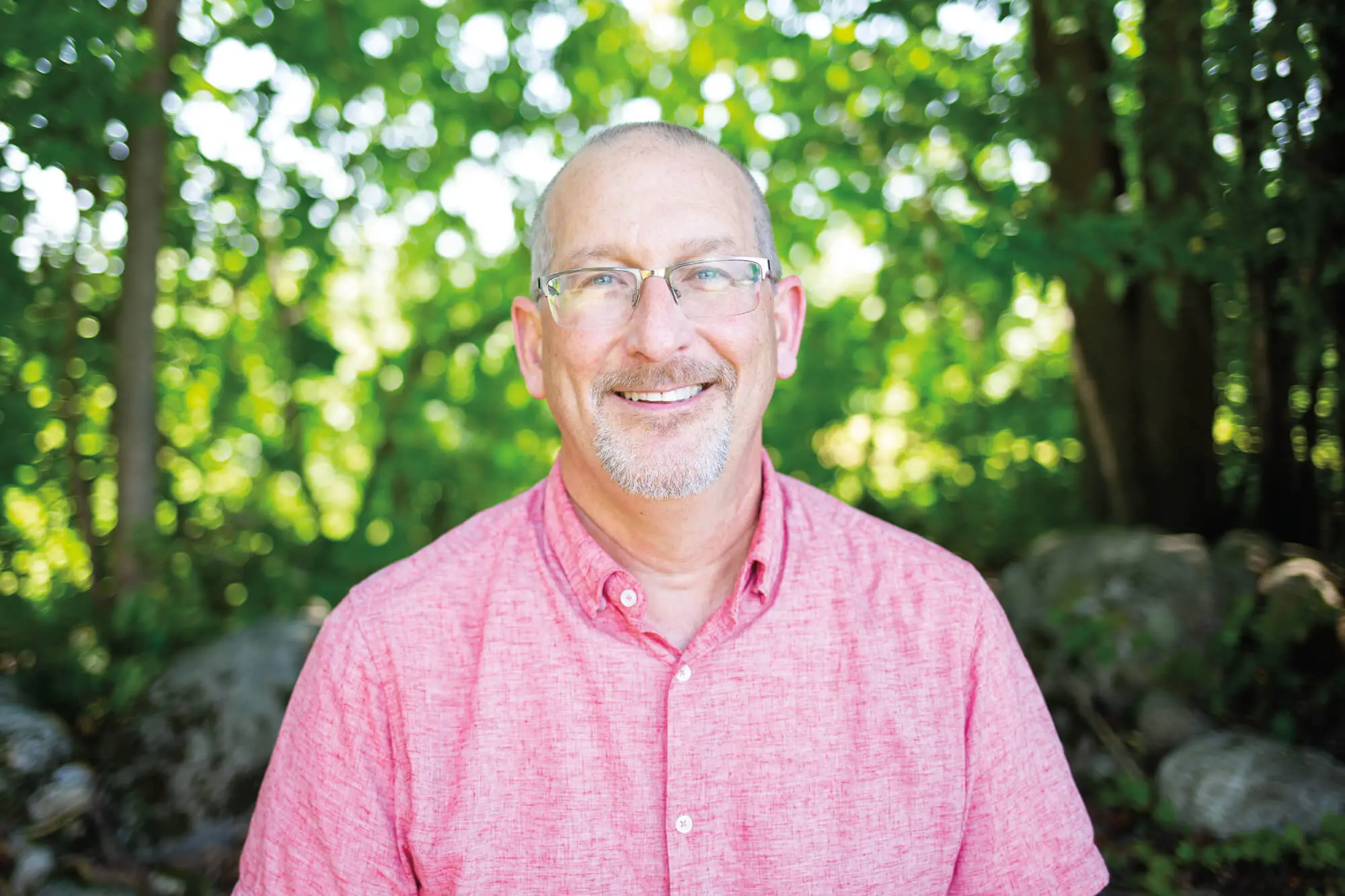
Ethan Minton
Philanthropy Advisor
- eminton@gsfb.org
- He/Him
Ethan Minton, Philanthropy Advisor, joined the Food Bank in 2017. He obtained a passion for ending hunger in 9th grade while completing an English assignment and, as he entered college, Ethan started raising money for organizations including Save the Children and Good Shepherd Food Bank.
Ethan has over 20 years of experience in broadcasting and prior to Good Shepherd Food Bank he was a trustee and then program director at Mid Coast Hunger Prevention.
Ethan studied business management at the University of Maine and lives with his wife and daughter and their cats in Brunswick.

Megan Gagne
Marketing and Communications Manager
Megan Gagne, marketing and communications manager, is responsible for supporting the execution of the communications strategy and marketing plans for the Food Bank. She develops website content, manages social media, assists with media outreach, and leads story collection strategy for the Food Bank. She has a strong background in digital marketing, social media listening, storytelling, and driving online customer engagement through social platforms. She moved to Augusta, Maine, in 2015 and started working for Marshall Communications as an account coordinator and then was promoted to account executive with many travel and tourism clients, as well as nonprofit clients, higher education, and healthcare industries. Prior to Marshall Communications, Gagne held nonprofit healthcare and sport marketing roles. Gagne received a B.S. in public relations and a double minor in English and writing from Northern Michigan University. Gagne was on the Northern Michigan University Varsity Swim and Dive Team, Student-Athlete Advisory Committee (SAAC), and a member of the Public Relations Student Society of America (PRSSA). She lives in Sidney, Maine, and is a swim coach for the KV YMCA Stingrays and volunteers at the Augusta Food Bank. In her free time, she enjoys reading, hiking, fishing, and spending time with her husband, dog, and cat.

Jessica Donahue
Director of Marketing and Communications
- jdonahue@gsfb.org
- She/Her
Jessica Donahue is currently director of marketing and communications for Maine’s largest hunger-relief organization, Good Shepherd Food Bank. She would love to live in a world where socks always have their matches, mini-golf games are televised, and hot cocoa is always served with giant, fluffy homemade butterscotch flavored marshmallows. She parked thousands of cars on the Penobscot River shores when she helped create Bangor’s Car Show: Wheels on the Waterfront and introduced new brews to the masses with Bangor’s Beer Festival – Tap into Summer. All was done while she was the director of marketing and promotions for the Greater Bangor Convention & Visitors Bureau in Maine. Skilled at no and low-cost marketing, she’s always looking for new and innovative ways to promote products, which helped her as an account supervisor for Marshall Communications. There she oversaw the web development department and several clients’ portfolios, including PR for Orvis and Bar Harbor Chamber of Commerce. You can find her most days striving to end hunger, writing PR and strategic marketing plans, navigating social platforms’ algorithms, and working from home with her 70-pound Great Pyr mix named Bumble and new addition, Higgins, a lab mix puppy. And, yes, Bumbles do bounce!
<div id="PlaceToPutTable"></div>
<iframe id="iframe" src="https://www.powerdash.com/systems/1e65b37dd5f545869ff5bf1f9645a89b/?tab=equivalents" style="display:hidden;"></iframe>